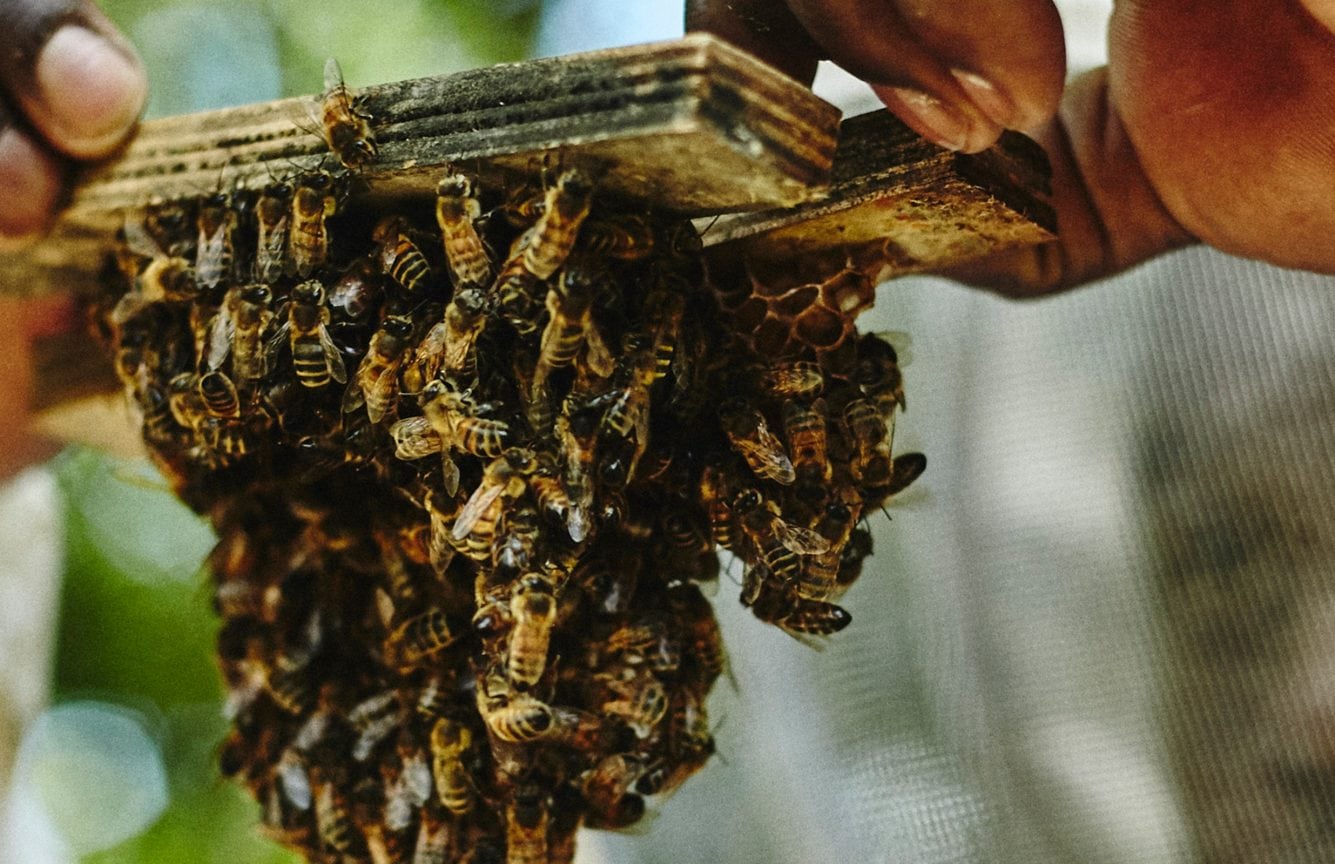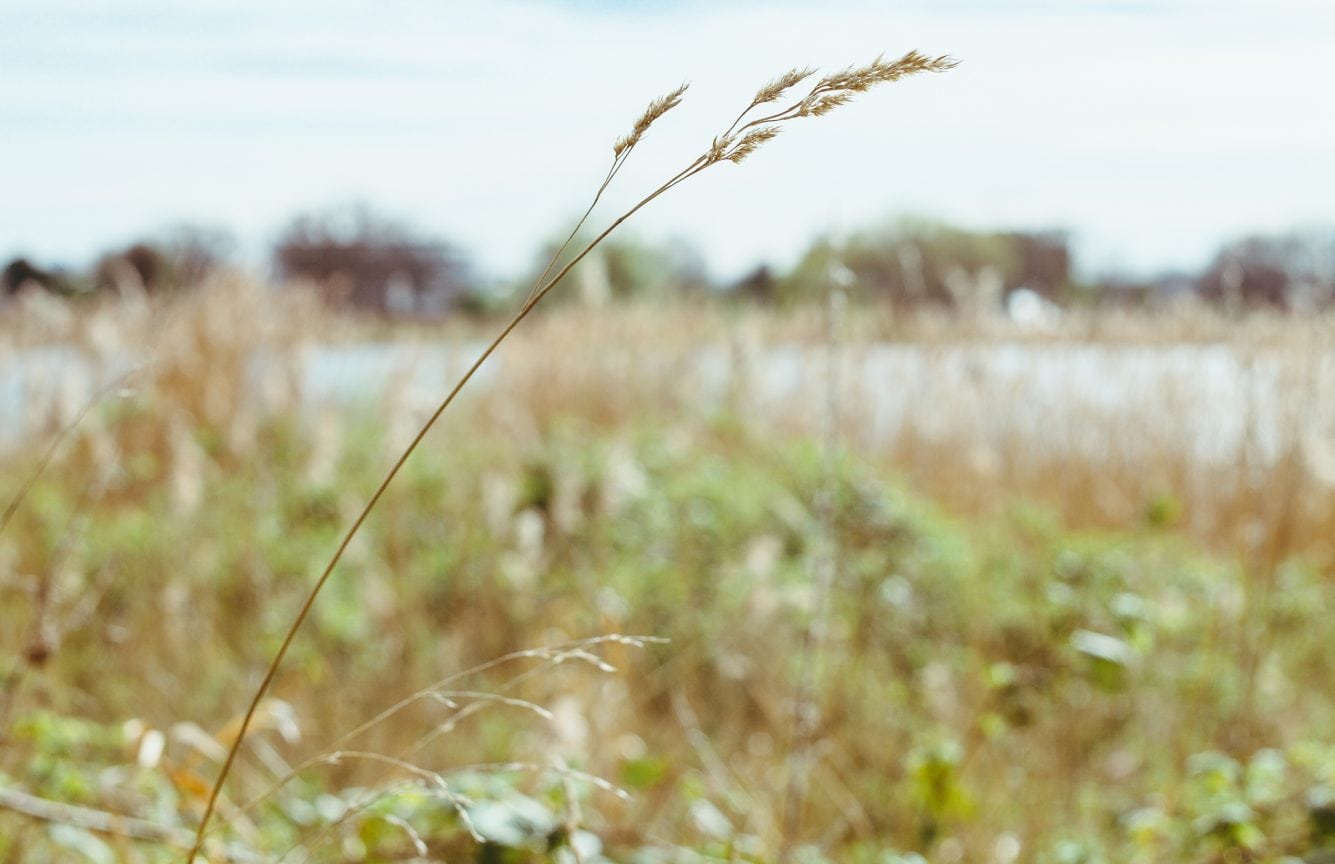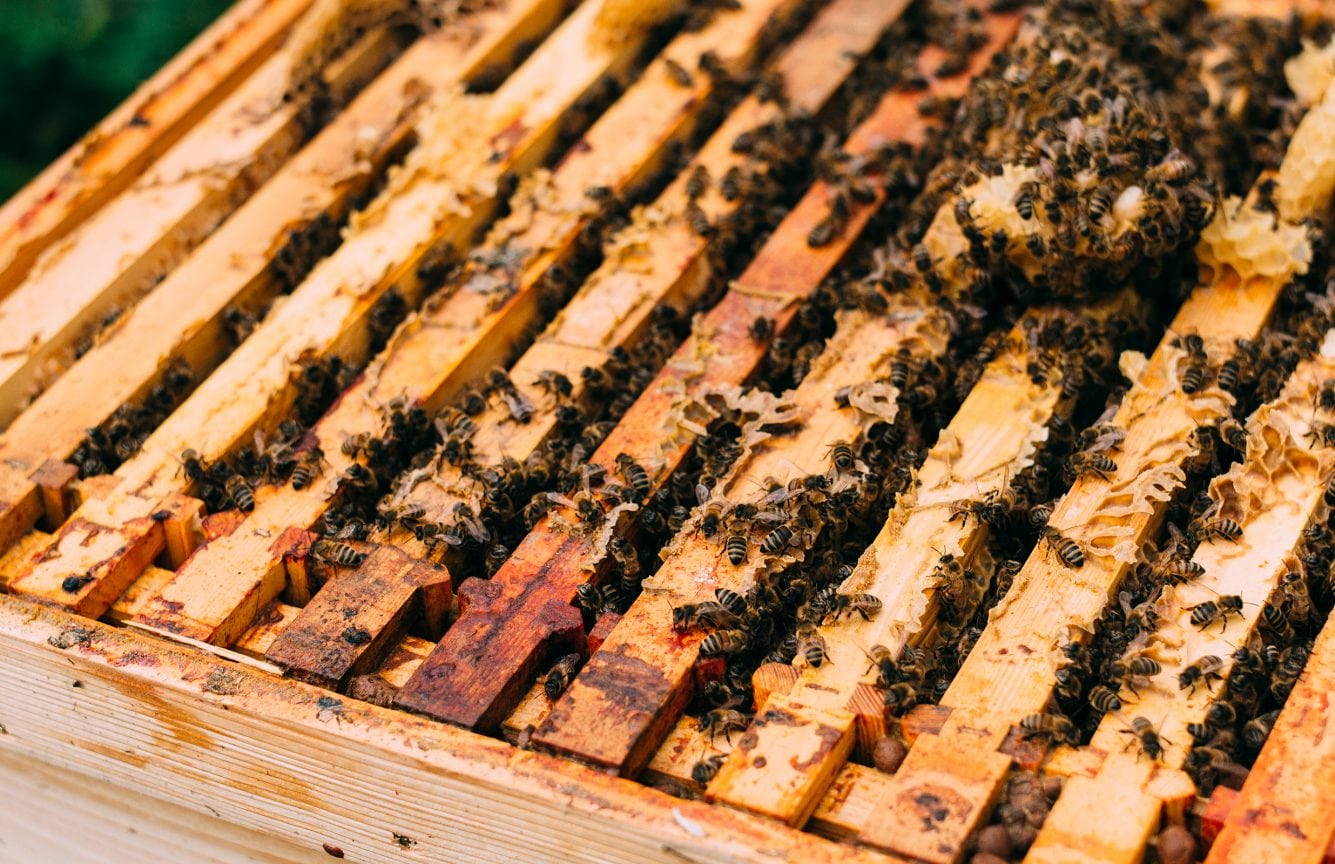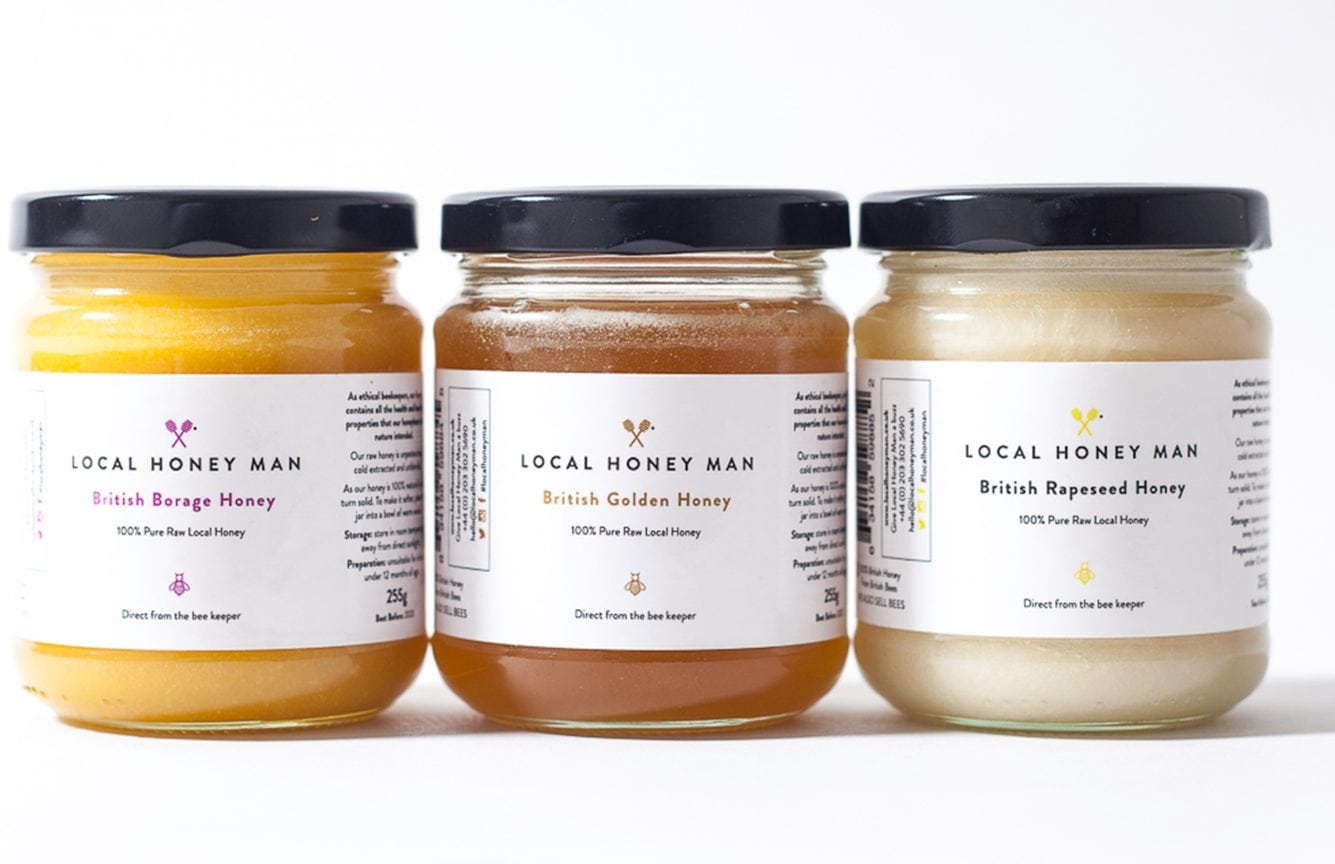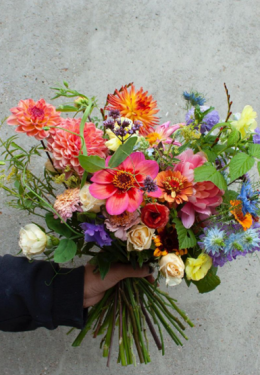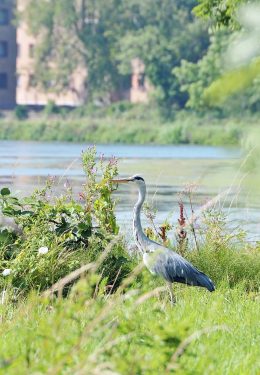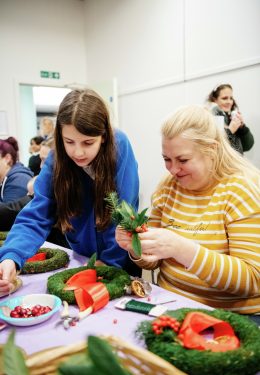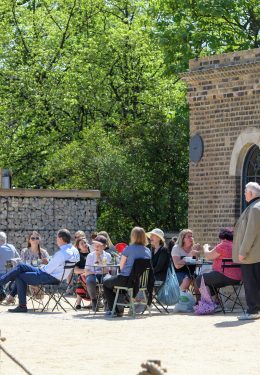Show Me The Honey
Published: Summer ‘17
All over the world, countryside honeybee numbers are dwindling, but in cities, the bees are thriving – and in no small measure due to the efforts of urban beekeepers, like The Local Honey Man. The company’s founder, Curtis Thompson, invited Woodberry Life to the apiary at Woodberry Wetlands to share the secrets and benefits of urban beekeeping.
Curtis fills a smoker with fragrant wood shavings, as we don beekeeper’s jackets with built-in mesh hoods that look both rural and space-age. With calm confidence, he carefully approaches the hive, explaining the fascinating life of these bees – the earthly frequencies they thrive on, their instinctive behaviours and self-sufficient nature. Inside the hive, thousands of bees are huddled around the centre of each honeycomb frame, to keep themselves – and the queen – warm on this crisp spring day. The bees here are flourishing, and will help the burgeoning wetlands area to flourish too.
Woodberry Wetlands hosts just one of the growing number of apiaries across London. There are now beehives on the roofs of St Paul’s Cathedral, Buckingham Palace, the London Stock Exchange, Fortnum & Mason, the Old Bailey and the University of London, as well as hotels, museums, churches, office buildings and even mausoleums around the city, with creative companies such as ad agencies and design studios contributing to the rise of the hipster beekeeper. In fact, the London Beekeepers Association reports that the city is home to approximately 5,000 beehives.
And while there may be a trend for beekeeping across the capital, Curtis is no opportunist, having learned the art of beekeeping from a young age, thanks to his uncle, a Master Beekeeper caring for hives at Hackney Nature reserve. “There’s definitely a rise in people interested in beekeeping”, says Curtis. “When I was first doing it over 15 years ago, not many people were interested in it – all of all of my friends used to look at me like I was crazy”.
But, weekends spent tending the bees with his uncle gave him a rare skill, and valuable knowledge of hives and bee lifecycles, that has taken him from the hustle and bustle of the banking industry to the slower pace of bee farming (Curtis distinguishes between amateur enthusiasts as beekeepers and professionals as bee farmers). After studying economics at university, Curtis carved out a successful career in investment banking, but found that the buzz of high finance couldn’t beat the call of the wild. “I would look at other bankers at the top of their game, who never got to enjoy life, and I didn’t want to be in the same position in 30 or 40 years. So, I sat down and thought about what I enjoy – everyone says you should try to follow your passion – and bees was one of mine.”
After a lot of research, Curtis came up with a business idea and started Local Honey Man with three hives, bought from his uncle. Those three hives grew, and the business now operates 12 apiaries, all in London and the Home Counties – Woodberry Wetlands being one of them.
The apiary at Woodberry Wetlands was established in 2016 and its 14 hives hold thousands of bees. Its busy inhabitants help to pollinate the young fruit trees and wildflowers around the site, but the Woodberry bees produce delicious honey too, with a distinctive flavour of the area. Curtis explains that the flavour, colour and consistency of many raw honeys are determined by the kind of vegetation in the area. “We have one site where the bees are located next to a rapeseed field, so the bees produce a rapeseed honey, which is very white – as white as a beekeeper’s jacket – and very thick and creamy”.
“It’s a way of life and a way to connect with the environment… It’s very therapeutic to sit by the hives with a cup of tea on a nice warm day and watch the bees come and go, working hard”
At Woodberry Wetlands, the honey has a character all its own. Curtis describes it as “quite floral, with a strong golden colour and taste. They’re feeding off a wide variety of things at the wetlands – blackberry, chestnut, and all of the different wildflowers growing around the area, which makes it quite different and multi-floral.”
People are increasingly drawn to local honey, because of its natural health-giving properties, as well as its eco credentials. Research shows that raw, local honey contains a mixture of enzymes, vitamins, minerals and anti-oxidants that can boost immunity and help prevent allergy symptoms, like hay fever. Curtis certainly believes in the healing powers of honey, “We’ve had many customers tell us that from eating our honey, their hay fever has become much more tolerable, or even disappeared completely. I used to have very bad hay fever, and I couldn’t walk into an area like the wetlands in the summer without it affecting me. But now I eat honey every day: I think it has an ability to give your body a boost and get you back on the right track if you’re feeling under the weather.”
The benefits of local honey go beyond the physical, with more people learning about beekeeping as a way of slowing down and appreciating nature. “It’s a way of life and a way to connect with the environment,” says Curtis. “It’s very therapeutic to sit by the hives with a cup of tea on a nice warm day and watch the bees come and go, working hard.”
In collaboration with Woodberry Wetlands, Local Honey Man runs hugely popular beekeeping courses for those who want to start keeping their own bees, or are just fascinated by the art of beekeeping. “We show them the workings of the hive, and go through the bees’ roles– what the queen does, what the drones do – as well as how to care for the bees.” With 37% of bee species in decline, Curtis believes responsible beekeeping is especially important now, to support the environment, as well as protecting our food supply – a third of the food we eat is dependent on pollination by bees and other insects, according to the British Beekeepers Association.
“There are so many Londoners, and so many small plots of land or places to grow things, so if we combine all of these with good planting, it will be good for the environment and good for all of the bees!”
The Local Honey Man team is keen to boost the bee population: as well as selling its honey, Local Honey Man also sells hives to amateur beekeepers all over the country, “because bees are in decline, people want to help and make a difference – they get a colony of bees and the honey they produce is an added bonus.”
But you don’t have to be a beekeeper to help prevent the decline of the honeybee, says Curtis. Even those with tiny gardens or just a windowsill can help the bees to flourish. “We try to encourage people to plant flowers – any flowers, to give the bees something to feed on. Anywhere that you are able to plant something, where a wild insect could go to feed, is great. The more the merrier”.
“We want as many people as possible to help prevent the decline – that’s a big mission statement for my company,” says Curtis. “We’ve sold bees up and down the country. With the number of beehives we’re sending round the country, there’s potential for lots of kids to grow up understanding and cultivating their own bees, just like when I was a kid.”
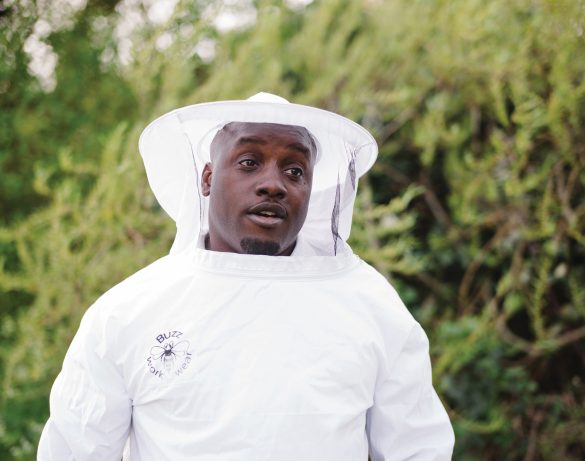
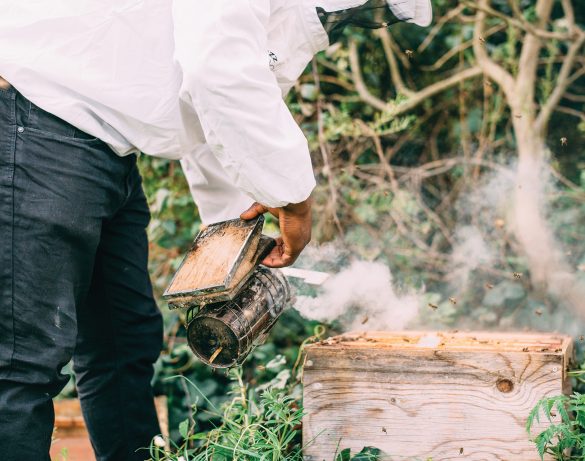
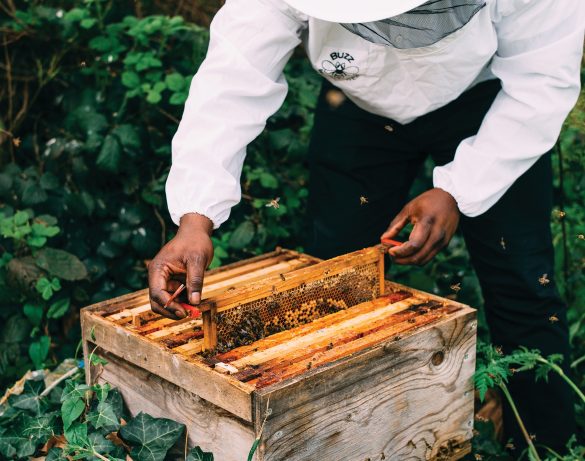
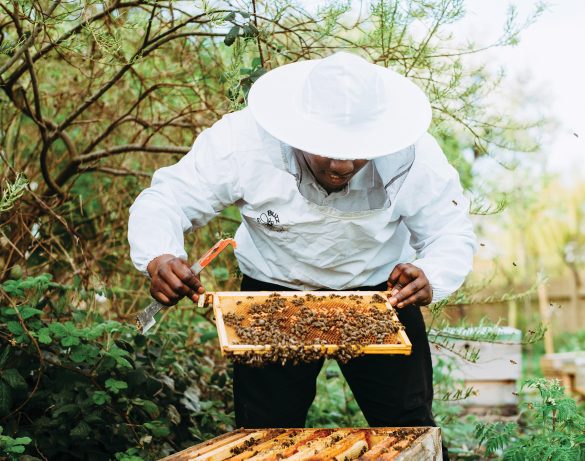
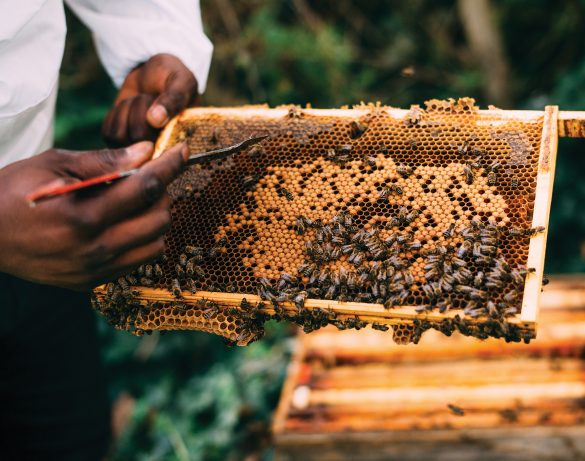
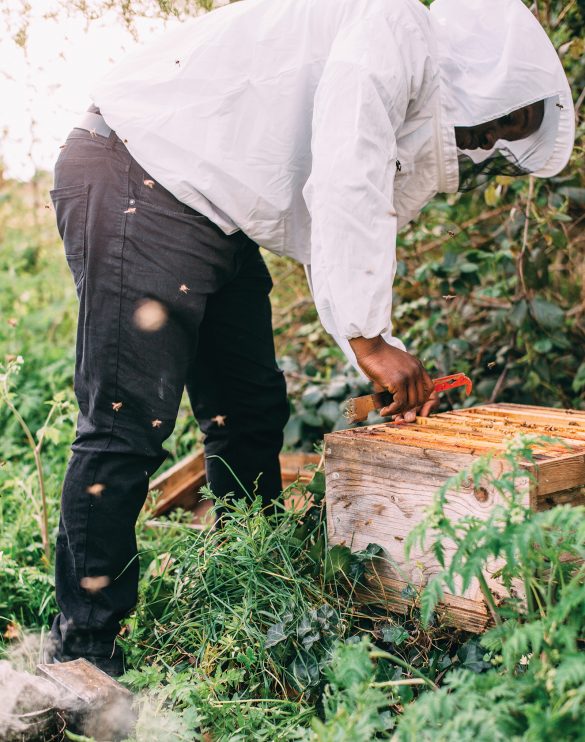
Here are local honey man's tips for helping boost the bee population
-
1.
Every little helps
Whether it’s a window box, balcony, or even a small plant pot, any flowering plants will offer valuable food for the bees and other pollinating insects, such as butterflies.
-
1.
Plant flowers
Bees are particularly attracted to flowering herbs such as lavender, thyme, rosemary, as well as fruit shrubs including blackberry and raspberry and cheerful, open blooms like marigolds.
-
1.
Go wild
Don’t get rid of the weeds in your garden – allow some of it to grow wild. Create a small patch where wildflowers can grow and allow nature to do its thing. Avoid pesticides wherever possible.

